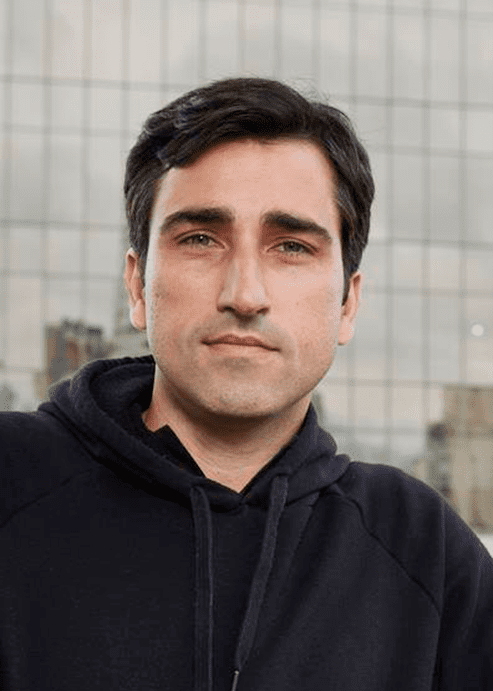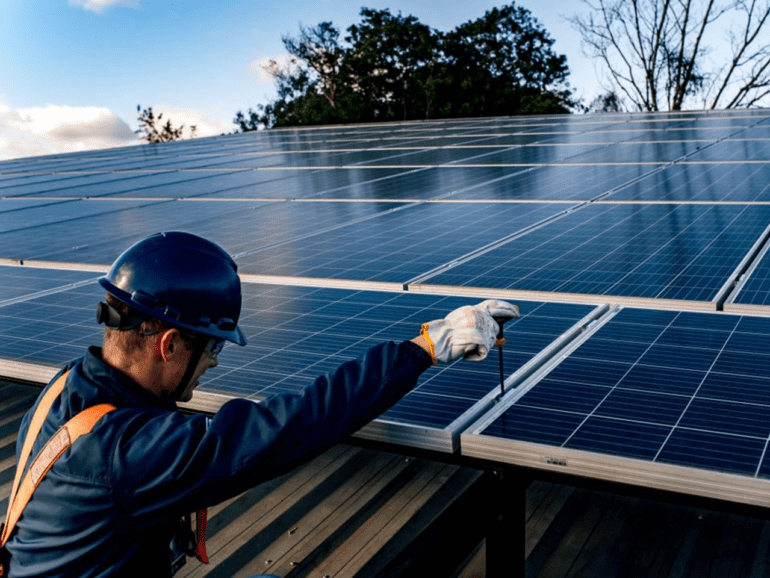Brazilian fintech Solfácil — which focuses on financing solar energy panel installations — has announced a new investment of $30 million to expand its business in Brazil and lower the cost of domestic energy.
The new investment acquired by the company joins the $100 million round raised last May.
Fabio Carrara, CEO of Solfácil, told Fintech Nexus in an interview that this investment only reinforces that the startup is on the “right path to impact Brazil” with its mission to empower people through more efficient and cheaper solar energy.
The third largest investment raised in 2022
“This trend is irreversible,” Carrara said. “We believe that energy freedom is possible, and when that happens, the impacted families can have extra income for more than 20 years.”
The investment, led by the Fifth Wall fund, is an extension of the fintech’s $100 million Series C round in May. Fifth Wall has been looking at startups that promote the green cause in real estate in recent years. In addition to the US fund, the total contribution includes heavyweight funds such as Softbank, VEF, and Valor Capital.
Accumulating investments of $130 million by 2022, Solfácil is one of the Brazilian companies that has raised the most capital this year, behind the “unicorns” Creditas — which has raised $310 million — and Neon, whose digital banking initiative has acquired total funding of $300 million so far.
Solfácil’s CEO told Fintech Nexus that the investment would enable the acceleration of new products and solutions launched by the company in recent months.
Related:

Recently, the startup has brought to market initiatives such as Solfácil Seguros, which protects products against financial contingencies or equipment damage; Solfácil Envios, which guarantees a particular freight service; and Solfácil Mais, a benefit program for partners.
“We will further consolidate our position as one of the largest financing players in the solar energy market but also continue the exponential growth of the Solfácil Store, our B2B marketplace, and the new line of insurance that confirms our proposal of an ecosystem for solar market professionals,” said Carrara.
Founded in 2018, Solfácil started the business as a credit fintech to bankroll the installation of solar plates on individuals’ homes, small and medium-sized businesses, and rural producers.
Today, the startup is one of the country’s largest lenders of solar energy.
One of Brazil’s largest lenders of solar energy
Besides entering the segment of selling products for the installation of panels in the previous year, in August this year, the fintech wanted to be part of the Brazilian hardware business. According to Carrara, it launched the Ampera device, which aims to become the “Alexa” of solar energy, with intelligent energy mediation of solar panels.
Solfácil has as one of its primary goals to scale up the production of these devices to more than 20,000 units by the end of the year to meet the pressure of high demand from domestic consumers.
A few months ago, the fintech also won authorization from the Brazilian Central Bank to operate as a Direct Credit Society (SCD), allowing the company to accelerate its financing offerings.
“We have taken a natural step towards becoming a financial institution since we have already originated more than 1.5 billion reais ( around $ 285 million) in more than 50,000 solar energy projects in all states of Brazil. This will give us more flexibility and autonomy to structure more attractive financing lines for individuals and companies,” said the CEO.


